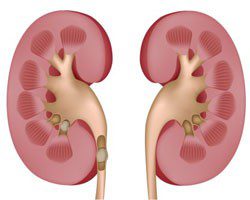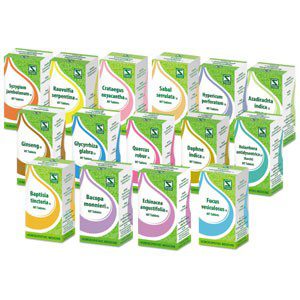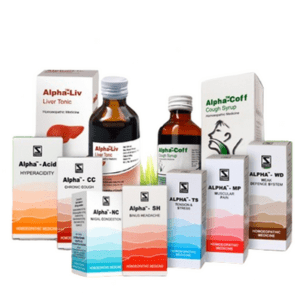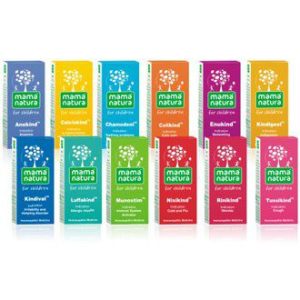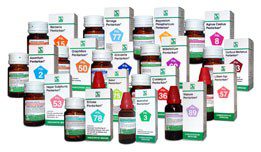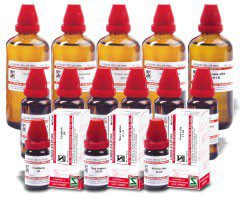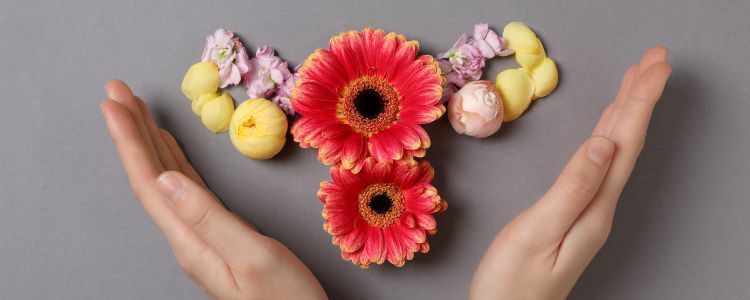
Ringworm Relief: The Ultimate Guide To Homeopathic Solutions
- Dr. P T Ponmani
- No Comments
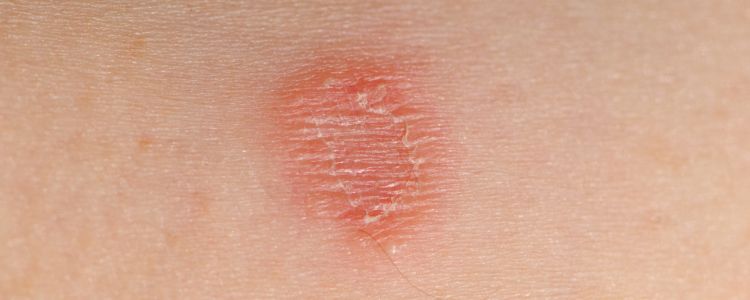
Table of Contents
ToggleIntroduction: Clearing the Myths About Ringworm
Let’s begin by clearing up one of the biggest misconceptions: Despite its name, ringworm has nothing to do with worms. It’s a common fungal skin infection that causes red, ring-shaped rashes and can be itchy, annoying, and highly contagious. But here’s the good news: it’s also very treatable — not only through conventional medicine but also with safe, natural, and homeopathic approaches supporting your body’s healing.
Whether you’ve just spotted the first rash, dealt with recurring infections, or are caring for someone affected, this guide offers a friendly and comprehensive look into what works, what doesn’t, and how to stay ringworm-free for good.
What Exactly Is Ringworm?
A fungus causes ringworm (medically called Tinea) — not an actual worm. The fungi that cause ringworm thrive in warm, moist environments and live on dead tissue, like skin, hair, and nails.
There are several types of ringworm, depending on where it appears:
- Tinea capitis – scalp
- Tinea corporis – body
- Tinea cruris – groin area (jock itch)
- Tinea pedis – feet (athlete’s foot)
- Tinea barbae – beard area
- Tinea unguium – nails (nail fungus)
Also Read Homeopathy for Skin Rashes: 10 Effective Remedies to Try
How Does It Spread?
Ringworm is highly contagious. It spreads through:
- Direct skin contact with an infected person
- Sharing personal items (like towels, combs, and razors)
- Touching infected surfaces (gym floors, showers)
- Petting infected animals, especially dogs, cats, and farm animals
Symptoms to Watch For
- Red, ring-like rash with raised edges and clearer center
- Itching, burning, or stinging sensation
- Scaling and peeling skin
- Hair loss (if on scalp or beard)
- Thick, brittle, discolored nails (if on nails)
If left untreated, ringworm can spread or worsen. So, early detection and treatment are key to a successful cure.
The Homeopathic Approach: Gentle and Long-Lasting Relief
Homeopathy works differently from conventional creams or pills. Instead of targeting the fungus, it stimulates your body’s natural healing mechanisms. Remedies are matched to the person’s symptoms, constitution, and emotional tendencies.
Top Homeopathic Medicines for Ringworm:
1. Sepia
- For isolated, ring-shaped patches, especially if recurring in spring
- Symptoms include itching, burning, and sweaty skin
- Works well when lesions don’t touch each other
2. Tellurium
- For multiple overlapping rings, forming large patches
- Itching worsens in cold air; sometimes vesicles are present
3. Sulphur
- Used when there’s intense itching and burning, worse at night
- Person scratches constantly but gets no relief
4. Antimonium Crudum
- Specifically for fungal nail infections
- Nails are brittle, discolored, and may chip off easily
5. Silicea
- Perfect for athlete’s foot (Tinea Pedis)
- Cracks and soreness between toes, excessive sweating with foul odor
6. Mezereum
- Used for scalp ringworm (Tinea Capitis)
- Thick crusts with pus and glued-together hair
Other helpful remedies include:
- Graphites – For fungal infections in skin folds
- Bacillinum – For recurrent cases of ringworm
- Thuja – For ringworm on the beard or moustache
Also Read How Homeopathy Resolves Skin Problems?
Natural Home Remedies for Ringworm
If you’re someone who loves to raid your kitchen cabinet for healing, you’ll appreciate these natural remedies that help manage mild cases or support healing alongside homeopathic treatment:
1. Tea Tree Oil
- Powerful antifungal; apply diluted oil 2–3 times daily
2. Apple Cider Vinegar
- Antifungal, but may cause irritation; use cautiously with a cotton pad
3. Coconut Oil
- Moisturizing and soothing with antifungal properties
4. Aloe Vera
- Cooling, antimicrobial, and great for soothing itchiness
5. Garlic Paste
- Naturally antifungal; apply a thin layer (stop if it causes stinging)
6. Turmeric Paste
- Anti-inflammatory and antifungal; it can also be consumed as tea
7. Licorice Root Paste
- Traditional Chinese remedy with potent antifungal properties
8. Lemongrass Oil
- Natural antifungal; dilute and apply twice a day
Lifestyle and Prevention Tips
Even the best remedies won’t work if the environment supports fungal growth. Here’s how to reduce your chances of infection or reinfection:
- Keep skin dry and clean (especially feet and folds)
- Change clothes daily – especially socks and underwear
- Avoid tight clothing or shoes that trap moisture
- Disinfect showers and shared spaces regularly
- Don’t share personal items (towels, razors, brushes)
- Shower after the gym or sports
- Treat infected pets promptly
Natural or homeopathic treatments sometimes need a boost, especially in stubborn or widespread infections. In these cases, topical or oral antifungals may be recommended. Many homeopathic antifungal, antiseptic creams and lotions will help with a speedy recovery when used along with the prescribed homeopathic medicines.
Also Read Ultimate Guide To Healthy Skin: Tips & Tricks
When to See a Doctor
- If the infection doesn’t improve within 2 weeks
- If symptoms worsen or spread quickly
- If you experience oozing, pus, or fever
- If the infection is on the scalp or nails, which are harder to treat
- If you’re immunocompromised or have chronic health issues like diabetes
Ringworm is not usually dangerous, but it can be very uncomfortable due to the constant sensation of itching. It can become very awkward in public places. Temporary relief can be achieved through some anti-itching products. However, it can spread and lead to secondary bacterial infections if untreated.
Sometimes, it may go away on its own eventually, but treatment speeds up healing and reduces the risk of spreading it to others. With consistent treatment, symptoms may improve in 1–2 weeks, but complete healing can take up to 4 weeks.
Final Thoughts: Healing Holistically
Ringworm may be common, but with the right approach — combining homeopathy, natural remedies, and smart hygiene — you can treat it effectively, avoid recurrence, and restore healthy skin without harsh chemicals.
Remember that your skin reflects your inner health. By choosing remedies that work with your body rather than against it, you’re not just treating a rash but supporting your overall well-being.
Always consult a qualified homeopath or dermatologist who understands your unique symptoms and lifestyle for a tailored plan. Ringworm might be tenacious, but so is your body’s power to heal — and homeopathy is here to gently guide that process.











